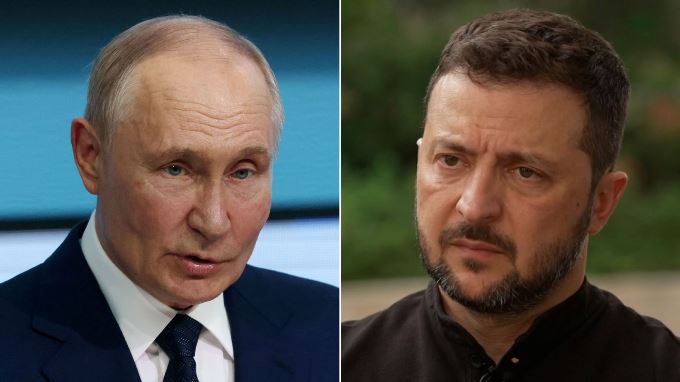The health ministry in Lebanon has confirmed that a second wave of explosions caused by wireless communication devices that has led to the death of at least 20 individuals and left over 450 people injured.
The explosions primarily occurred in the southern suburbs of Beirut, the Bekaa Valley, and southern Lebanon – regions known to be strongholds of the armed group Hezbollah.
Against the backdrop of escalating tensions, the recent explosions have heightened fears of a potential escalation into a full-fledged conflict.
UN Secretary General António Guterres has issued a stark warning about the risk of a dramatic escalation and called for all parties involved to exercise maximum restraint.
The situation is further compounded by the shifting dynamics in the region, with Israel announcing a new phase in the conflict and redeploying military forces to the north.
Human tragedy unfolds amidst political turmoil
The unfolding tragedy in Lebanon has not only claimed lives but has also deepened the political turmoil in the region. The coordinated explosions, coupled with accusations and blame shifting, have underscored the fragile nature of the situation.
The impact of these events has been profound, with reports of significant casualties and widespread damage, leaving communities reeling from the aftermath.
As international observers closely monitor the situation in Lebanon, concerns are mounting over the potential repercussions of the escalating conflict.
The involvement of multiple parties and the complex web of alliances in the region have raised alarms about the broader implications of the crisis.
The urgent need for de-escalation and diplomatic solutions has become increasingly apparent as the situation continues to unfold.
Check also;
- Japan Earthquake: Death Toll Reaches 13 As All Tsunami Warnings Lifted
- Urgent Evacuations Initiated As Washington State Residents Grapple With Escalating Wildfires
Please use the button below to contribute to Newslex Point, Inc. using a credit card or via PayPal.

 Newslex Point News in Uganda, Uganda news
Newslex Point News in Uganda, Uganda news












